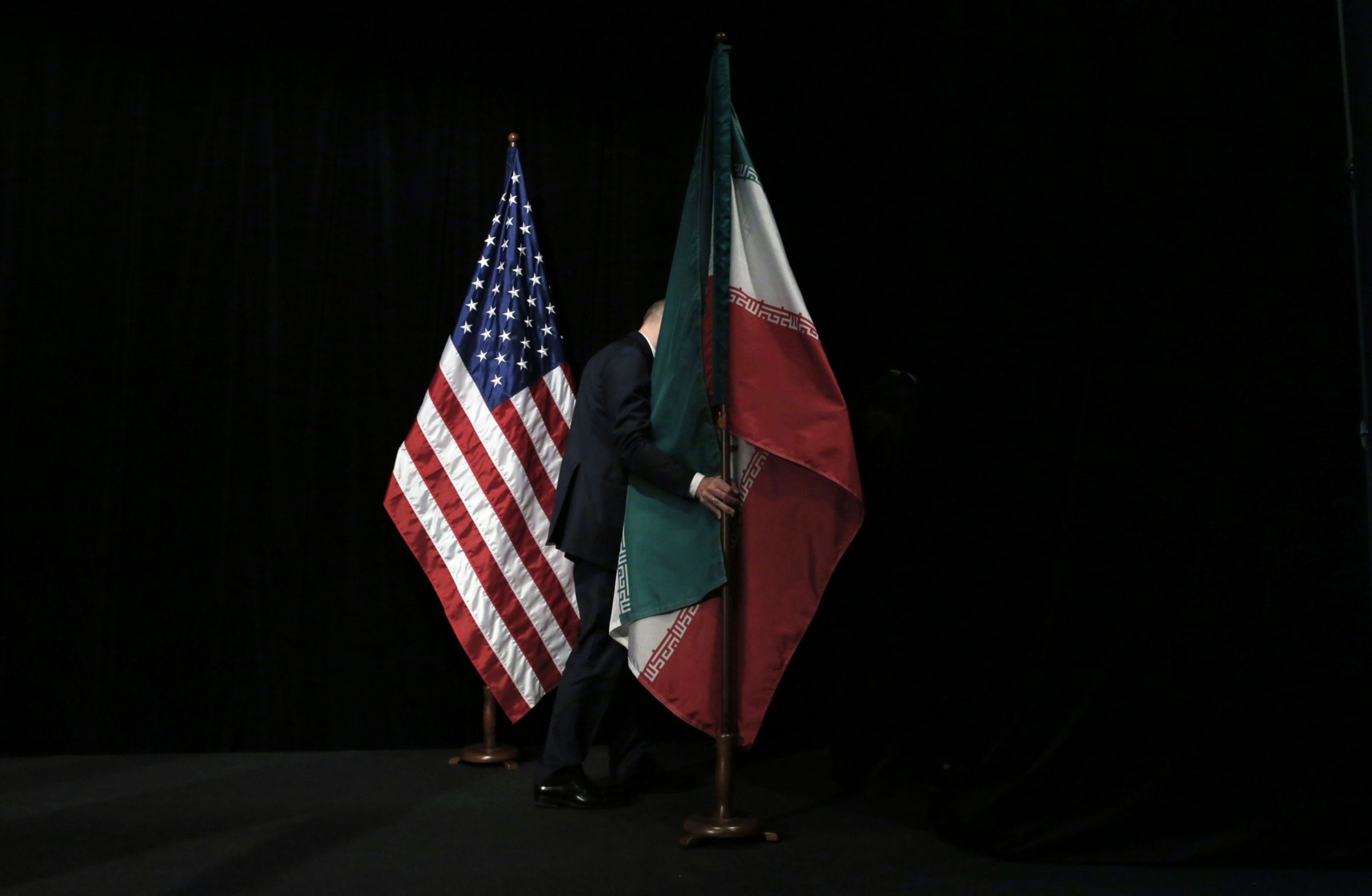
The U.S. called Iran’s response to the latest effort to revive the 2015 nuclear accord “not constructive,” raising questions about whether the two sides can reach a deal that would free more oil for global markets.
Vedant Patel, a department spokesperson, didn’t elaborate on the remarks Thursday night, but added that U.S. officials were still looking at the response, which Iran had submitted to the European Union. The E.U. has drafted a proposal to rescue the agreement, abandoned by President Donald Trump in 2018, and energy traders have been closely watching to see whether there will be a breakthrough.
“We are studying it and will respond through the E.U., but unfortunately it is not constructive,” Patel said in a statement.
Oil pared a weekly drop as traders weighed both the Iran news and the possibility that Saudi Arabia could push for output cuts at an upcoming OPEC+ meeting. West Texas Intermediate rebounded toward $88 a barrel, after slumping almost 11% over the previous three days.
President Joe Biden, returning to Washington after giving a speech in Pennsylvania on Thursday night, said he had been briefed on the situation but would find out more after getting back to the White House.
An Iranian foreign ministry spokesman earlier called the text “constructive.”
The previous exchange of comments on the E.U. proposal had spurred optimism, as Washington said Tehran had dropped “extraneous demands.”
The goal of the negotiations is to come up with a deal that reinstates limits on Tehran’s rapidly advancing nuclear program in exchange for lifting U.S. sanctions on Iran’s economy.
The talks have spurred hopes in some countries that a deal could help reign in high energy prices that have fueled inflation. At the same time, the Biden administration has sent signals that it will take a tough stance on Iran even as it pursues a restored agreement, which is opposed by Republicans and some Democrats in Congress.
—With assistance from Patrick Sykes and Alexis Shanes
More Must-Reads From TIME
- The 100 Most Influential People of 2024
- The Revolution of Yulia Navalnaya
- 6 Compliments That Land Every Time
- What's the Deal With the Bitcoin Halving?
- If You're Dating Right Now , You're Brave: Column
- The AI That Could Heal a Divided Internet
- Fallout Is a Brilliant Model for the Future of Video Game Adaptations
- Want Weekly Recs on What to Watch, Read, and More? Sign Up for Worth Your Time
Contact us at letters@time.com